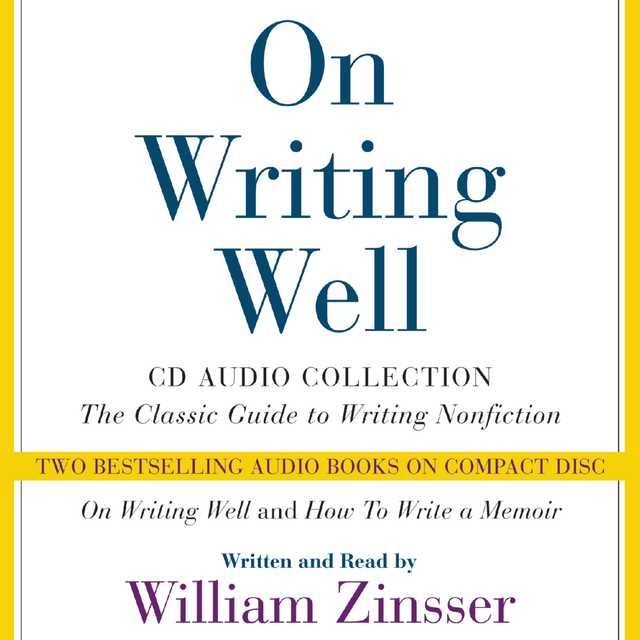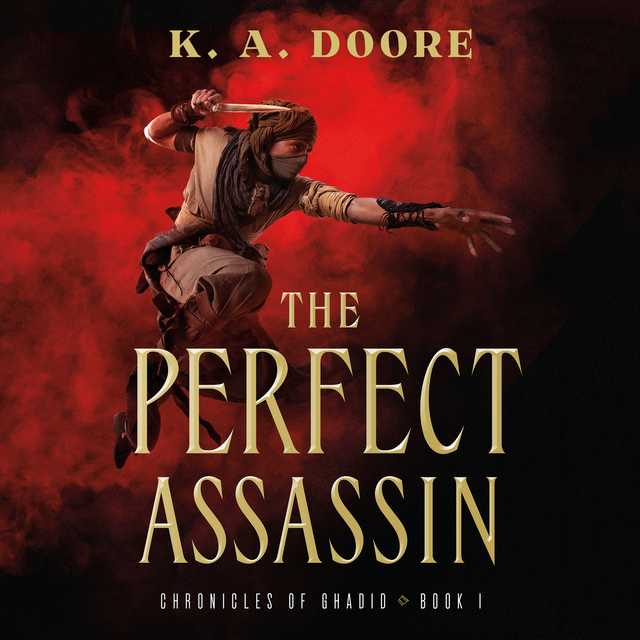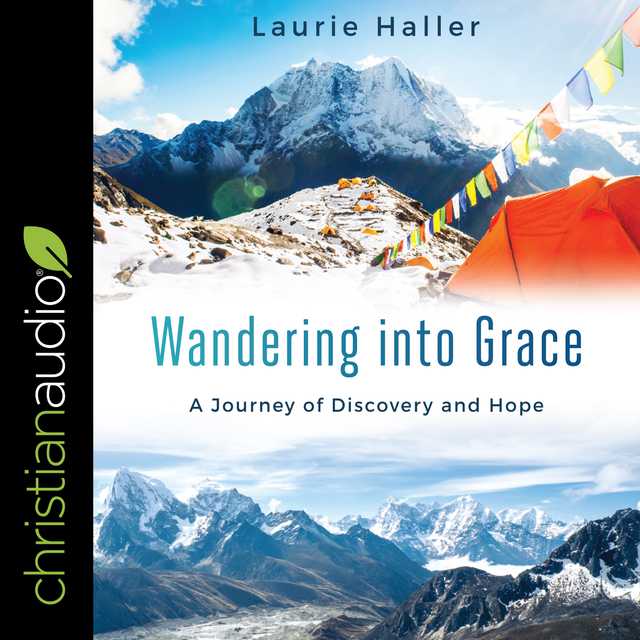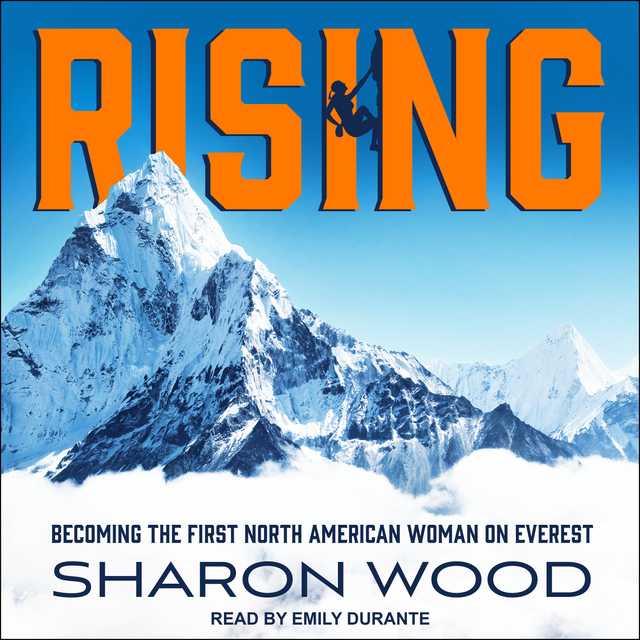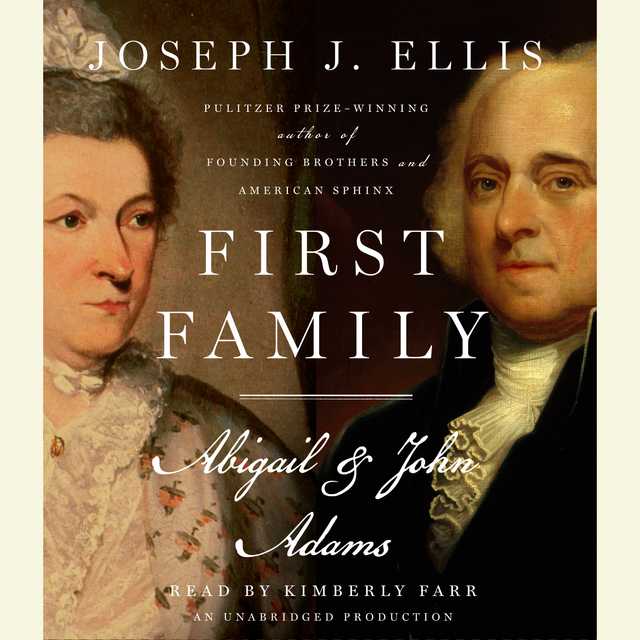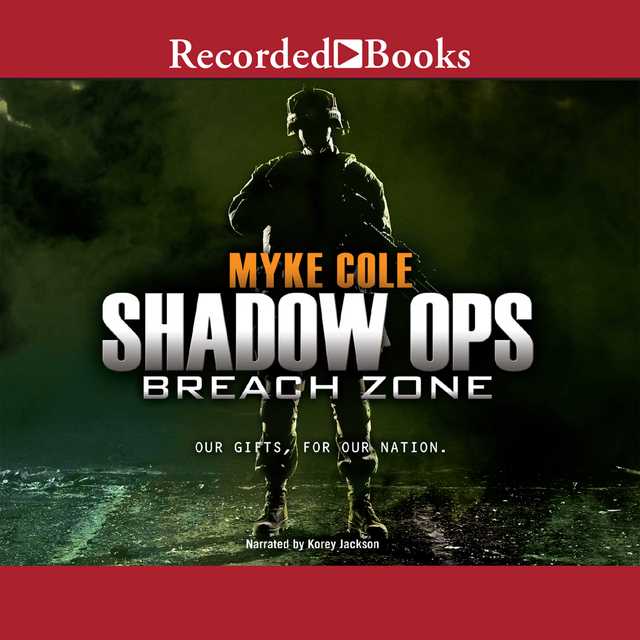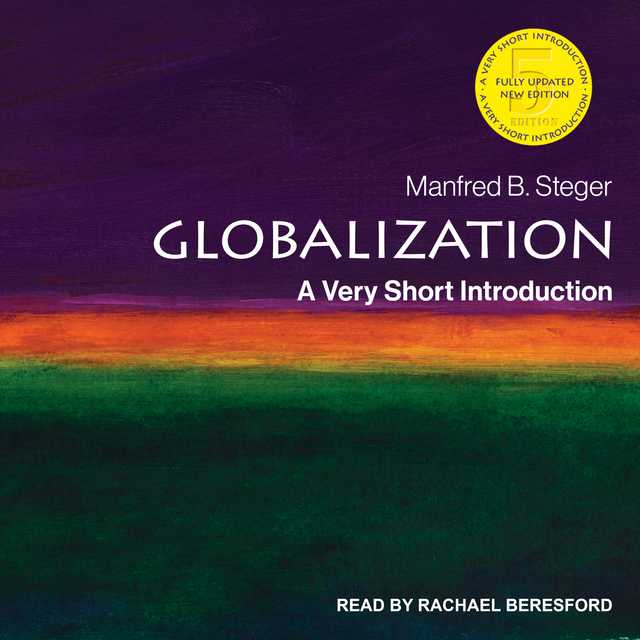On Writing Well Audio Collection Audiobook Summary
The classic works on the art of nonfiction writing are now in a complete package for your listening pleasure.
This expanded CD collection presents William Zinsser’s On Writing Well, the classic teaching book that has sold more than 1 million copies, together with a new 90-minute section that tells you how to write a memoir.
Based on a course that Zinsser taught at Yale, On Writing Well has long been praised by writers, teachers and students for its sound advice, its clarity and the warmth of its style. It’s for everybody who wants to learn how to write or who needs to do some writing to get through the day. Whether you want to write about people and places, science and technology, business, sports or the arts, this is the definitive guide to the craft of nonfiction.
Part II of this collection–on memoir, personal history and family history–tells you in helpful detail how to write the story of your life: who you are, who you once were, and what heritage you come from. Throughout, Zinsser refers to the work of many successful memoir writers, including Frank McCourt, Annie Dillard, Russell Baker and Eudora Welty, to demonstrate how they solved the problems of selection, compression, focus and tone that every memoir writer struggles with.
Other Top Audiobooks
On Writing Well Audio Collection Audiobook Narrator
William Zinsser is the narrator of On Writing Well Audio Collection audiobook that was written by William Zinsser
William Zinsser is a writer, editor and teacher. He began his career on the New York Herald Tribune and has since written regularly for leading magazines. During the 1970s he was master of Branford College at Yale. His 17 books, ranging from baseball to music to American travel, include the influential Writing to Learn and Writing About Your Life. He teaches at the New School in New York.
About the Author(s) of On Writing Well Audio Collection
William Zinsser is the author of On Writing Well Audio Collection
More From the Same
- Publisher : HarperAudio
- Abraham
- American Gods [TV Tie-In]
- Dead Ringer
- House of Sand and Fog
- Prey
On Writing Well Audio Collection Full Details
| Narrator | William Zinsser |
| Length | 2 hours 23 minutes |
| Author | William Zinsser |
| Category | |
| Publisher | HarperAudio |
| Release date | November 02, 2004 |
| ISBN | 9780060818067 |
Subjects
The publisher of the On Writing Well Audio Collection is HarperAudio. includes the following subjects: The BISAC Subject Code is Business & Economics, Business Writing
Additional info
The publisher of the On Writing Well Audio Collection is HarperAudio. The imprint is HarperAudio. It is supplied by HarperAudio. The ISBN-13 is 9780060818067.
Global Availability
This book is only available in the United States.
Goodreads Reviews
Francisco
October 17, 2015
How do you learn to write, really, other than by writing. But now and then, it's good to pause and think about the art of good writing, the craft. This famous little book can be the reflective pause that will help you be care-full, love-full, with your work. The book is not just more of the same old stuff you've always heard. The advice given by the author is creative and his examples of good writing are informative and insightful. And because good writing is always connected to the inner life and moral depth of the author, much of what he says applies to the ultimate source of the written word: the writer's attitude, her attention and integrity. Don't let the "nonfiction" in the title deter you from reading this if you write fiction. The chapter on "travel writing" is an on-the-button presentation on the creation of "place" which is essential in fiction. Read slowly, let the humor and common sense of the author seep into your writing blood so that it may flow out spontaneously in your words. But maybe the best gift this book will give you is the sense that you, the writer, are but a humble, ordinary worker using skill, intelligence and heart to create something beautiful and true.
Thomas
February 19, 2016
A straightforward guide to writing solid nonfiction. William Zinsser offers sound advice, including how to eliminate clutter and ways to target your audience. He spans several genres within nonfiction, ranging from sports writing to travel articles to memoir. He incorporates several example passages from his favorite writers and from his own work.On Writing Well provided tangible, quality writing tips. It did not excite me, though. Zinsser has a somewhat eurocentric perspective and his writing selections often come from white men. His tone itself bored me as well - it did not irritate me, it just failed to provoke any emotion. Still, I give this book four stars based on its content, even if its voice did not stand out. Overall, recommended to those searching for a pragmatic, more technical book about writing nonfiction.
Katelyn
June 27, 2007
I always thought of the ability to write well as a gift more than a skill--kind of like hand-eye coordination, or rhythm. You either have it or you don't. It's not until I began working in the editorial world that I realized the writing which seems effortless is that which requires the most effort. Part of my training at this job required reading a quintessential work on nonfiction writing, William Zinsser's "On Writing Well" (30th Anniversary edition). I was warned that it's a slow burn--perhaps the opposite of the other book I've read on the writing process, Anne Lamott's "Bird by Bird." Zinsser's isn't littered with quirky anecdotes about his son's parasailing adventures or Buddhist friends or dreadlocks (only said with fondness, Annie). What Zinsser's book offered instead was practical and precise guidance on how to make the English language sing in your nonfiction writing. Zinsser concentrates equally on the importance of technical mastery and original, honest ideas. On one hand, one must be able to convey information to his or her succinctly and clearly. This requires a breadth of knowledge on the ins-and-outs of English prose; grammar nerdiness doesn't hurt. (If you find yourself elated when you find someone else who uses the subjunctive tense, this book is for you.) Zinsser covers the variety of writing styles featured in most newspapers (i.e. sports writing vs. travel writing, common interest vs. international stories, etc.). But he also lays out suggestions on how to start the writing process as a writer-to-be. I especially enjoyed the section on how to make your personal story compelling as a memoir. I know everyone walks away from this book aspiring to become the next Tolstoy, but is this really such a silly aspiration?
Shikhar
October 19, 2022
I consumed it via audio version. Nice, short, intelligent book to bring clarity, bring simplicity, precision and humility to ones writing for a better connect with readers.Being narrated by author added to the charm.
Neil
November 09, 2019
Returning to On Writing Well some years after the last read-through is like reconnecting with an old friend. This was one of the first books I read when I really started to learn how to write (which, I might mention, happened after I‘d completed a bachelor’s degree, two master’s degrees, and a PhD; thank you, American higher education). William Zinsser’s clarity and winsomeness fueled my love of writing and editing, and looking at the book now, I’m almost startled to recognize how much of my editing personality came from Zinsser. I’ve worked with hundreds of clients on editing and proofreading, and I know that Zinsser’s wise guidance has benefited all of them.What I still love about On Writing Well is the simple, direct, encouraging style Zinsser uses. He makes the writing process seem so natural and clear. He demystifies common ideas about the work and craft, making it seem like something I really can do. I also appreciate the range of his perspective. He finds something to love in all kinds of writing—memoir, humor, travel, sports, and others. That breadth pushes me to find the good in a wide array of genres, too. I wish Zinsser would have talked more about academic writing, but that wasn’t his forte; and much of what he does say would improve writing in the humanities.Zinsser completed the final revision of On Writing Well in 2006, and nine years later he died. As much as I continue to love the book and Zinsser’s influence, I’m also sad in this read-through to see that the book’s other-era-ness is now hindering its potential to speak to writers today. There are some cringing moments when Zinsser writes about other cultures and subcultures, other places in the world, and women. And though Zinsser writes carefully about humor, his own sense of humor now feels dated and corny. (It’s hard to imagine that his Haircurl satire was ever funny.) Some of his guidance is so outdated that it’s now wrong—such as his advice about interviewing, in chapter 12.What I’d like is a writer’s guide that is still much closer to On Writing Well than to A World Without “Whom,” but that takes into account the speed of language change, the influence of internet communication, and pop culture references and a sense of humor that fit into today’s world. Zinsser took a particular approach to writing—an approach that looks back especially to E. B. White, one of Zinsser’s heroes—to its limit; now I want to read someone with that same wisdom but situated in this moment.I’ll be reading On Writing Well with students next semester, and I’m very curious to see how they respond to it. I hope they’ll be able to take advantage of all the good it offers, without being distracted by its shortcomings; and I hope Zinsser will be a friend to them in their writing journeys.
Bibliobites
April 15, 2021
I was a long time reading this - probably a year and half, all told. But as I neared the end, I didn’t want it to end - and that is something I’ve never said about any non-fiction book, and certainly never expected to say about a writing book. But the author’s voice is so lovely and conversational, and I learned so much so effortlessly. Hopefully I can I put some of it into practice, on the small writing projects I have! But even if I never intended to write a word, I’d always be glad I read this. My homeschooled high schoolers will all be reading it as well.
Mathis
March 18, 2022
The true alchemists do not change lead into gold; they change the world into words. - William H. GassWith On Writing Well, William Zinsser gives the reader an elegant guideline on how to change the world into words. Writing is a craft that can be practiced, and there are rules that govern the process. Just like architects have to do mulitple drafts of their work, authors have to do multiple drafts of theirs. There is always a word more fitting, a sentence more precise or a way to give the paragraph a better rhythm. There will always be a more poignant lead sentence or a more though-provoking ending. The first draft of anything is shit.― Ernest HemingwayBesides rewriting, there are other guidelines that Zinsser suggests. Simplicity, or the absence of "clutter“, demands of the good writer to make their point as simple and precise as possible. This includes using simple words, but also just leaving out a lot. Adjectives are often clutter – grass is green without the writer telling the reader. A blue sky is something else, but a couch is cozy without adding the adjective. Many authors want to make their text as beautiful and rich with adjectives as possible - and leave the reader with the tiresome task of stripping away the clutter. Substitute 'damn' every time you're inclined to write 'very;' your editor will delete it and the writing will be just as it should be.― Mark TwainWhen it comes to style, Zinsser provides a damn simple guideline: Think of writing for yourself. This will not only make your text authentic, but more coherent. When you write about your vacation and how you enjoyed it, and suddenly start copying an article on a sight you visited, the tone of your text will change dramatically and leave the reader confused.Some readers may not like the way you are writing for yourself, but that’s not the issue. As a writer, you can’t please everybody – your goal should be to please only yourself. This is already hard enough, especially if you know a bit about writing and it’s arduous process.No tears in the writer, no tears in the reader. No surprise in the writer, no surprise in the reader.- Robert FrostI read only the 20% of the book that cover the basics, which is more than enough for hobby writers. It was a quick read with interesting insights, many of which contradict what is taught in schools. Even if you are only interested in reading, this is certainly not a waste of time. Reading this book changed the way I read other books – I simply understood more of the precious craft of putting thoughts into words, and frankly, I am convinced that more writers should read this book before embarking on the demanding journey that is writing a book.
Rosie
July 27, 2015
A must read for those whose works relate to writing: students, teachers, businessmen, reporters, and of course, writers. Very useful tips along with very witty style. And above all, a man with high passion, virtue and responsibility with his job.
Daniel
July 05, 2018
Why Zinsser Still MattersSecond only to The Elements of Style, this is the best book ever written for writers. In many ways, it's better than Strunk and White, which tends to focus on grammar and the actual mechanics of writing as opposed to how a writer should think and approach things. The book focuses on nonfiction, but many (if not most) of the principles apply equally to any style of writing. Even chapters on things like how to do an interview offer valuable insights into what you're looking for when creating good characters or how to recognize and shape a character's voice.The real victory of this book though comes in rescuing writing from the pomposity of the writing world. It approaches writing from it's long abhorred but more important angle of craftsmanship. Writing is not just an art. Sure, there is art involved, but it's also a craft, a skill that can be learned and honed and developed. Writers who think of what they do as a form of magic would do well to read this book. This error in understanding is even more pervasive in the category of aspiring writers than it is in publishing.I recall hearing Neil Gaiman talk about how writers will write something, send it out, and wait for a response. If the responses come back negatively, then the writer decides that she is simply too far ahead of her time, or that the publishers simply don't understand what she was doing. "They don't get it," is the common writer's reply. Gaiman contended that the more likely truth is that what you've written simply isn't any good. Maybe it could be good if you fixed it, but it isn't now.Craft is the bridge that allows you to fix it. It can't really be fixed with art. This is a book about the craft of writing and every writer would do well to read it periodically. I try to read it every couple of years just to refresh myself. I never fail to find new insights or discover new ways to approach the problems of writing.It seems to me that writers who don't read and study this book along with a few others (The Elements of Style, On Writing, among others) are really just playing at being a writer. They are, as Alan Alda would say, "stuffing the dog".
Cathy
February 11, 2014
With Steve's review, I was reminded that I had read this years ago and it's in my "book closet" where I have all my writing reference books. When did I read it? Well, I would have to think back and I can figure it out but it will take a while and I would rather be reading than go down that particular "memory lane." Five stars indicates what I thought of this book and glad to know that it's contents are still valid today.
Most Popular Audiobooks
Frequently asked questions
Listening to audiobooks not only easy, it is also very convenient. You can listen to audiobooks on almost every device. From your laptop to your smart phone or even a smart speaker like Apple HomePod or even Alexa. Here’s how you can get started listening to audiobooks.
- 1. Download your favorite audiobook app such as Speechify.
- 2. Sign up for an account.
- 3. Browse the library for the best audiobooks and select the first one for free
- 4. Download the audiobook file to your device
- 5. Open the Speechify audiobook app and select the audiobook you want to listen to.
- 6. Adjust the playback speed and other settings to your preference.
- 7. Press play and enjoy!
While you can listen to the bestsellers on almost any device, and preferences may vary, generally smart phones are offer the most convenience factor. You could be working out, grocery shopping, or even watching your dog in the dog park on a Saturday morning.
However, most audiobook apps work across multiple devices so you can pick up that riveting new Stephen King book you started at the dog park, back on your laptop when you get back home.
Speechify is one of the best apps for audiobooks. The pricing structure is the most competitive in the market and the app is easy to use. It features the best sellers and award winning authors. Listen to your favorite books or discover new ones and listen to real voice actors read to you. Getting started is easy, the first book is free.
Research showcasing the brain health benefits of reading on a regular basis is wide-ranging and undeniable. However, research comparing the benefits of reading vs listening is much more sparse. According to professor of psychology and author Dr. Kristen Willeumier, though, there is good reason to believe that the reading experience provided by audiobooks offers many of the same brain benefits as reading a physical book.
Audiobooks are recordings of books that are read aloud by a professional voice actor. The recordings are typically available for purchase and download in digital formats such as MP3, WMA, or AAC. They can also be streamed from online services like Speechify, Audible, AppleBooks, or Spotify.
You simply download the app onto your smart phone, create your account, and in Speechify, you can choose your first book, from our vast library of best-sellers and classics, to read for free.
Audiobooks, like real books can add up over time. Here’s where you can listen to audiobooks for free. Speechify let’s you read your first best seller for free. Apart from that, we have a vast selection of free audiobooks that you can enjoy. Get the same rich experience no matter if the book was free or not.
It depends. Yes, there are free audiobooks and paid audiobooks. Speechify offers a blend of both!
It varies. The easiest way depends on a few things. The app and service you use, which device, and platform. Speechify is the easiest way to listen to audiobooks. Downloading the app is quick. It is not a large app and does not eat up space on your iPhone or Android device.
Listening to audiobooks on your smart phone, with Speechify, is the easiest way to listen to audiobooks.

